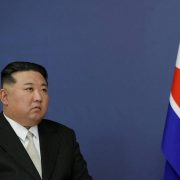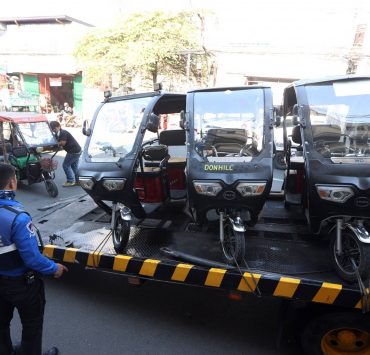DepEd picks Khan Academy to improve student scores
The Department of Education (DepEd) on Friday signed an agreement with a popular online education nonprofit to provide digital learning materials in around 1,000 public schools in the country.
Education Secretary Sonny Angara signed the agreement with Khan Academy, a US-based nonprofit founded by educator Salman Khan, in a bid to boost the competencies of Filipino students.
Angara said he hoped the materials from Khan Academy will help Filipino public school students improve their scores in the 2025 Programme for International Student Assessment (Pisa) examinations.
“Definitely, this will help in our Pisa [scores],” Angara told reporters after the signing of the agreement with US lawyer Geraldine Acuña-Sunshine, president of Khan Academy Philippines.
Much to be learned
Angara said that since partnership involved improving learner’s competencies, results may not immediately emerge in the 2025 Pisa tests, but he hoped it would be apparent by 2029.
Many Filipino students, who spend a lot of online time playing games like Minecraft, Roblox and Mobile Legends, have already been using Khan Academy’s learning modules as shown on its YouTube channel and its separate digital app.
Khan Academy’s YouTube channel already has 8.17 million subscribers and its videos have been viewed more than 2 billion times.
New approach
The digital learning materials from Khan Academy will focus on math, science and reading, the three subjects where Filipino learners lag behind their peers in international assessments.
“This can help those teachers teach better, [and] allow a different way for students to take in the subjects and understand it in a different way,” Acuña-Sunshine said on the sidelines of the signing.
“So this also introduces another way to learn math, science, reading and to practice it,” she added.
A summary of the methodologies of the agreement were not immediately available.
In remote areas of the country, however, the project faces issues that already beset the public school system—lack of computers, slow internet connectivity and overworked teaching and nonteaching personnel.
Under the agreement, the schools should have a “high-speed internet connection, adequate number of devices and enthusiastic school administrators and teachers.” INQ

















